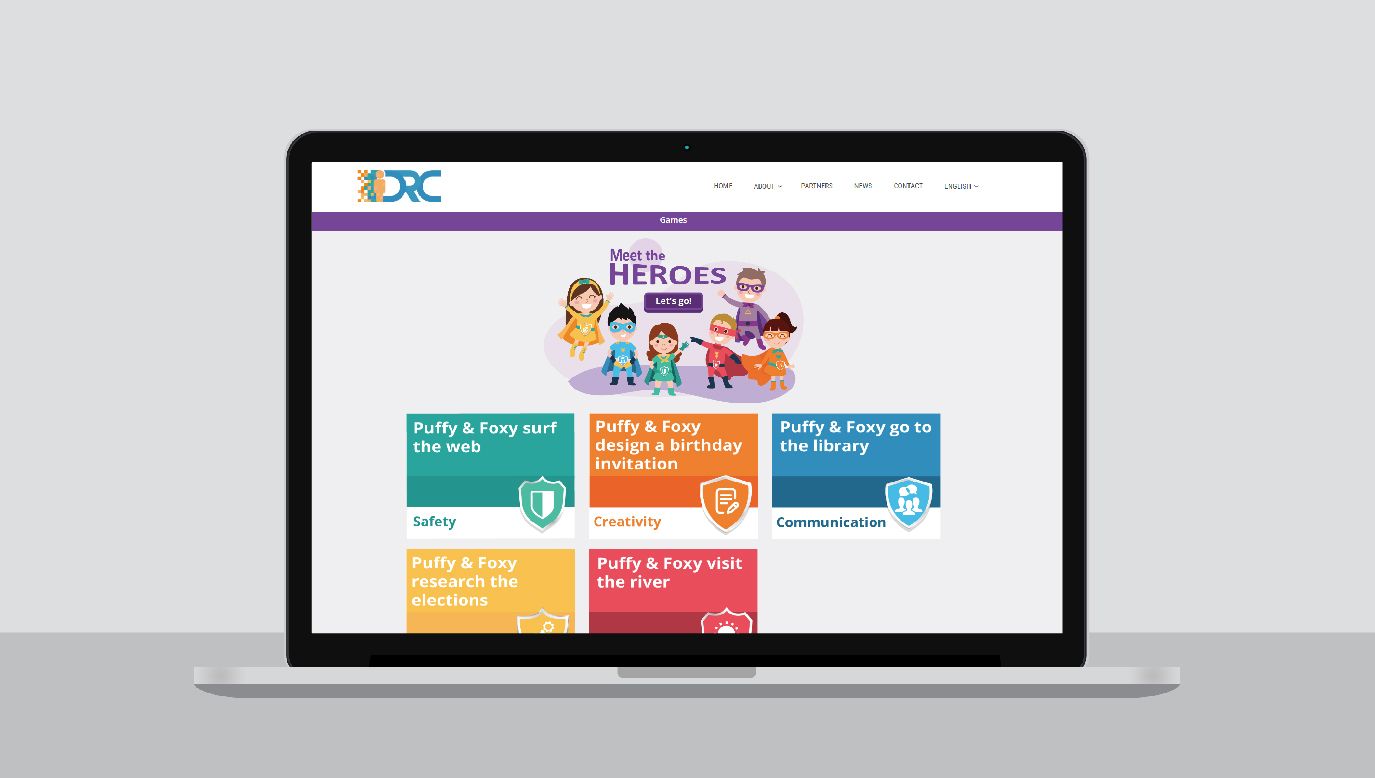Building School-Wide Inclusive, Positive and Equitable Learning Environments Through A Systems-Change Approach
Name/Title: School-Wide Positive Behaviour Support
Executive Summary – Overview
SWPBS examined the application and effects of the Positive Behaviour Support (PBS) approach in developing a supporting and positive school environment for teachers and students, through a policy experimentation conducted in schools in Finland, Cyprus, Greece and Romania. Following a systems-change approach, the project produced supportive material and offered guidance to educators and institutions to establish an inclusive non-discriminatory culture that offers socio-emotional and behavioral support to all children.
Background – General
Positive Behavior Support (PBS) is an evidence-based approach that focuses on the development of an individual’s positive behaviours in a bid to pre-emptively address problematic behaviours and enhance the quality of life. PBS applications in the educational systems/schools prescribes three layers (Tiers) of support systems: Tier I aims to prevent the occurrence of problematic behaviours; Tier II involves targeted interventions to support groups of students and Tier III entails the provision of intensive and individualised support.
Solution – CARDET Focused
The introduction and implementation of SWPBS first requires deep understanding of the school’s needs and adherence to SWPBS support, acknowledging the gaps, defining problematic conducts and designing a learning path and conscious interventions to shape positive behaviours. To that end, the project first carried out an in-depth Needs Analysis on the participating schools across partner countries to define the baseline, while devising intervention materials and implementations for all tiers.Utilising the findings of its research along with good practices in the field, the project team developed a comprehensive set of training manuals and material including e-learning space, e-learning modules, and online resources, as well as designed new training materials for educators to ensure strategic implementation in schools.
The learning material of the project and most importantly the approaches and principles of the PBS methodology were put into practice, with the support and guidance of the researchers and trainers of the implementing partners, in schools across the implementing countries. Through that process, that entailed the training of educators and the provision of comprehensive coaching, the project was able to examine the capacity of schools to introduce the SWPBS model along with the impact it can have on the school environments. Through that process, and by using structured evaluation processes, the project was able to track their progress and compile concrete recommendations and interventions for the effective implementation and transferability of SWPBS in school systems.
Results – Impact
Having in mind that the ultimate goal of the project is on one hand to support the SWPBS approach with solid research evidence and on the other to ensure the sustainability and scalability of its implementation, the team made systematic efforts to achieve the best possible results, including:
- The findings and recommendations of the Project and research team led to the publication of academic articles published in renowned journals and presented in highly esteemed conferences in the field of education.
- In Cyprus, the SWPBS framework was included in the Professional Learning program available to all public schools.
- CARDET and INNOVADE have ensured the systematic maintenance of the project’s online platform for more than 5 years after the project’s completion. In addition, the Cypriot teams have developed and will continue to upgrade the Digital Collection/Desktop App in order to facilitate the teachers’ recording of the students’ progress in an easy and cost-free way.
- Large-scale awareness campaigns including mainstream media, scientific publications and more were carried out to inform the educators of the SWPBS approach and the benefits it carries.
- The European Conference 2022 gathered over 100 primary schools in Cyprus, Finland, Greece and Romania to highlight the importance and benefits of creating whole-school systems for the development of social skills and the promotion of positive behaviour, exchange good practices, and strengthen the formulation of structured policies in the field.
- Over 20 workshops were conducted with teachers, school principals, policy makers, school counselors and administrators to inform them about the SWPBS intervention’s positive impact in the schools in conjunction with a large-scale universal trainings to schools, teachers and parents for the wider scalability and acceptance of the SWPBS approach.










